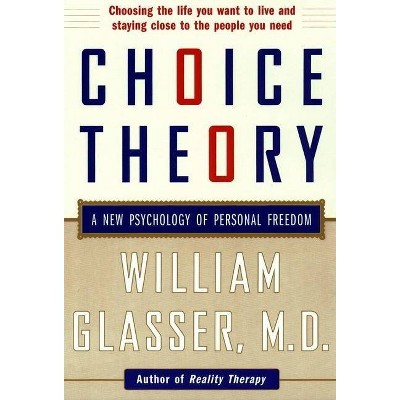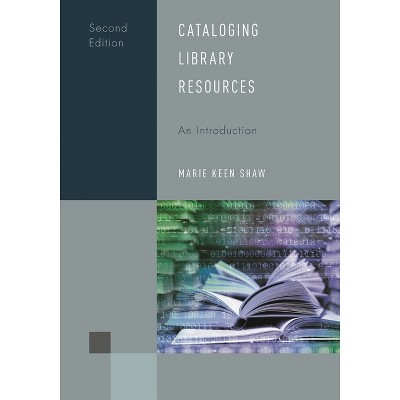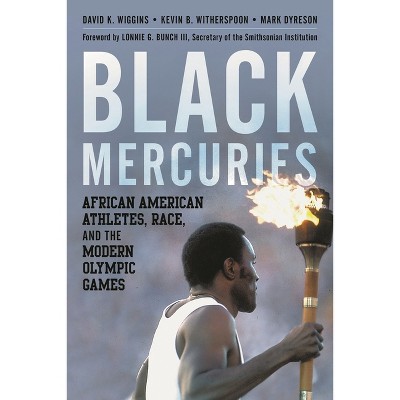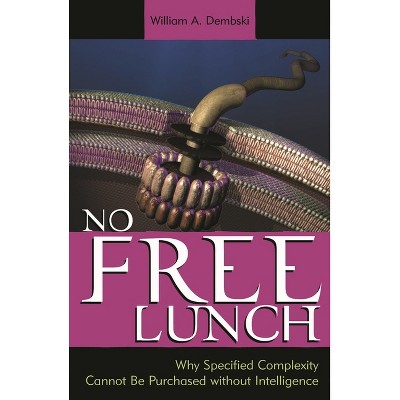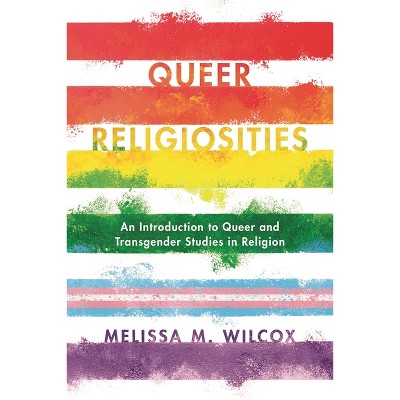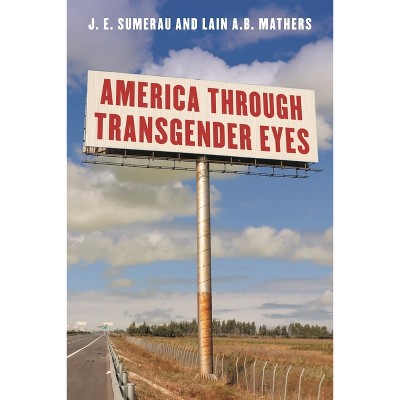Sponsored

Knowledge as a Feeling - by Troy A Swanson (Hardcover)
In Stock
Sponsored
About this item
Highlights
- This book explores the idea that knowing is a feeling that results from the interactions of the brain's unconscious and conscious processes and not through the accumulation of facts.
- About the Author: Troy A. Swanson is Teaching & Learning Librarian and Library Department Chair at Moraine Valley Community College.
- 326 Pages
- Psychology, Cognitive Neuroscience & Cognitive Neuropsychology
Description
About the Book
This book explores the idea that knowing is a feeling that results from the interactions of the brain's unconscious and conscious processes and not through the accumulation of facts. It explains what neuroscience and psychology reveal about what it means to know and how our brain learns.Book Synopsis
This book explores the idea that knowing is a feeling that results from the interactions of the brain's unconscious and conscious processes and not through the accumulation of facts. It explains what neuroscience and psychology reveal about what it means to know and how our brain learns.
Review Quotes
Swanson provides a concise and accessible overview of neuroscience and psychology that has long been missing from LIS approaches to information behavior and information literacy. This book should push our discussions, research and practice in a much-needed direction and open the door to more impactful information literacy instruction.
Swanson provides an extremely useful synthesis of current research on thinking and learning and bridges a longstanding gap between the literatures of neuroscience and information literacy. The connections he makes between theory and practice, particularly his inclusion of both affective and social dimensions of learning should encourage us to question our assumptions and reconsider our methods. The book is approachable, peppered with thought exercises thatilluminate his explanations, and will catalyse new approaches to information literacy instruction and research.
This well-researched book by teaching librarian Swanson is aimed at educators who seek to recognize principles from neuroscience and psychology regarding how the mind processes information and the role of emotions in information processing. Swanson effectively argues that emotions contribute to decisions produced by unconscious processing and drive much of human thinking. Emotion can overshadow both conscious reasoning and the examination of evidence. Especially interesting is Swanson's focus on metacognition and reflection, as this invites readers to make judgements about their own beliefs. Recognizing the feeling of knowing may help people better identify confirmation bias and perhaps other mechanisms that reinforce existing beliefs during the information-seeking process. Swanson, who served on the Association of College and Research Libraries' task force responsible for issuing the Framework for Information Literacy for Higher Education, proposes an additional frame titled "Knowledge as a Feeling" to address how the mind works through challenging ideas during the research process. Swanson also explores how the feeling of knowing is highly situational and social, dependent on people's relationships within social groups and their life experiences, worldview, and culture. This book is a good contribution to the literature supporting information literacy instruction by educators. Recommended. Graduate students, faculty, and professionals.
Troy Swanson's Knowledge as a Feeling: How Neuroscience and Psychology Impact Human Information Behavior is an engaging and enjoyable exploration of how we think and why it matters to librarians and other educators. Through his examination of the research in neuroscience, psychology, philosophy, and information science, Swanson helps readers understand the importance of applying a metacognitive approach to teaching information literacy.
About the Author
Troy A. Swanson is Teaching & Learning Librarian and Library Department Chair at Moraine Valley Community College. Troy is the author or editor of several books and articles including co-editor of Not Just Where to Click: Teaching Students How to Think About Information which received the Ilene F. Rockman Publication of the Year Award from ARCL's Instruction Section. His Ph.D. dissertation focused on the management of technology policy in higher education. He served on ACRL's Information Literacy Competency Standards for Higher Education Task Force which issued the Framework for Information Literacy. Over his tenure as a librarian and educator, Troy has won his campus's Master Teacher and Innovation of the Year awards, as well as the Proquest Innovation in College Librarianship award from ACRL.Shipping details
Return details
Trending Non-Fiction








